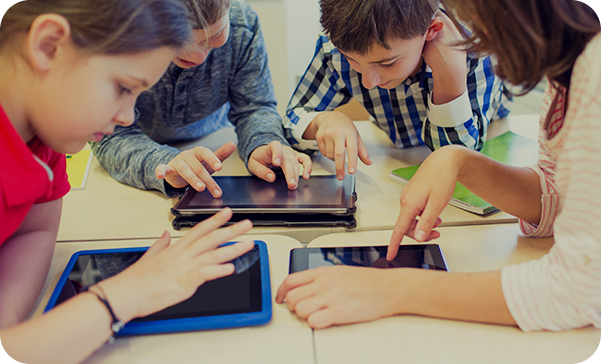
The feedback to my recent How to make the most of your school’s internet filtering blog raised a lot of questions and led to our team having some great conversations with kaiako across the motu. In particular, my suggestions for utilising Google settings highlighted some of the problems that Bring Your Own Device (BYOD) can present in schools and brought up the question:
If we only use Google to manage content, can’t students with their own devices just bypass these filters by using another browser?
Many kura invite whānau to buy laptops for ākonga to use at school. These devices are a mix of: Chromebooks, Apple laptops, Windows laptops, IPads, and other tablets.
In some communities, whānau buy new devices for their tamariki, and some kura not only specify the make and model but also the retailer, forcing whānau to buy brand new – and a more expensive device. The reason they do this is to enforce consistency. When every BYOD device is exactly the same, many problems are eliminated and it’s easier on the kaiako.
At the other end of the spectrum is where ākonga simply bring whatever they can get their hands on. I’ve seen students struggling with laptops that are too big, too heavy, too slow, and with insufficient battery life. These devices might be a hand-me-down from a parent. While well-meaning, they don’t aid learning.
I’ve also seen primary aged ākonga with brand new devices valued greater than $2,000. This places too much responsibility with both ākonga and kaiako.
When friends and family ask me to help them decide which device to buy for their tamariki, I explain that these devices “don’t die of natural causes…” Many ākonga will look after their laptop and use it for more than 4 years, but it’s very common for cracked screens to render the device unusable.
For communities that can afford it, BYOD is great because it’s an expense that the kura doesn’t have to fund. Theoretically, this frees up funds to spend on other resources. I’m a little sceptical of this, because BYOD programmes usually require a lot of technical support. There is often a line of ākonga with various wifi and account problems, effectivly requiring at least one full-time technician who deals solely with BYOD.
When students own their device, they generally take care of it better. This is very significant in some communities. Vandalism is ugly and demoralising. Some ākonga may take more pride in their own laptop, aware that if they damage it then there is no alternative.
Students that “own their learning” are more resilient and motivated. They look for answers before they ask for help. They are curious and more engaged. They can identify their own needs and express them. This is student agency. Students who own and take care of their own device may see it as part of the learning resources available to them.
When BYOD walks in the door, kaiako can expect to meet ākonga who can’t do the work because it doesn’t work on their device. Even learning tasks that are carefully designed to work on all devices can lead to annoying time-wasting while they try to find workarounds.
I often meet ākonga who have account problems because they share the device with a family member. Whanau with some technical knowledge and genuine concern for their tamariki sign in as a parent and then “allow” tamariki to sign in as well. This frequently creates more problems than it avoids. Likewise, ākonga might not be able to install extensions or apps because whānau have restricted what they can do.
However, the biggest issue is ākonga who can get around some school limitations by opening another browser.
For instance, you might have YouTube allowed by N4L, but turned off for ākonga in Google. If ākonga open another browser they will easily bypass this limitation.
iPads, Windows laptops, Apple laptops, and other tablets are all good options for ākonga. They all have benefits and limitations. But there’s a key feature with Chromebooks that make them perfect for BYOD.
These settings support good task design. Fewer distractions enables direct acts of teaching – kaiako can thoughtfully design a lesson that hits curriculum progressions, is culturally responsive, is assessable, that generates meaningful evidence of learning. More on this in future blogs…
What needs to be in place before you start:
There are ways to easily manage these steps. Get in touch and our team can help make sure it’s done right.
For brand new Chromebooks:
For not-so-new Chromebooks:
This might mean a hand-me-down device but also includes Chromebooks that have been in use at home for a month or two (since Christmas Day).
When ākonga leave the kura:
A vital part of this is when the kura relinquishes responsibility for the ākonga – and the Chromebook. They may want to take their Chromebook to their next school or pass it down to a younger sibling.
Provided you did your preparation thoughtfully, this is simple. You simply “deprovision” all the devices for leavers. If you’ve done it right they will all be in a nice group.
Doing it right means that all ākonga Google accounts are in an OU (organisation unit) that labels their leaving year. So next year’s year 7s go into an OU labelled 2026 leavers. The Chromebooks then go into the same OU and can easily be selected and deprovisioned.
When you order Chrome Education Upgrades, you qualify for a little PLD that Google pays for. If you order 200 licenses you get about one day of PLD. It’s not lots, but it does help. And you might choose to use those PLD hours to support your school to make the changes I’ve outlined above. Get in touch to chat about how this PLD could best support your school.
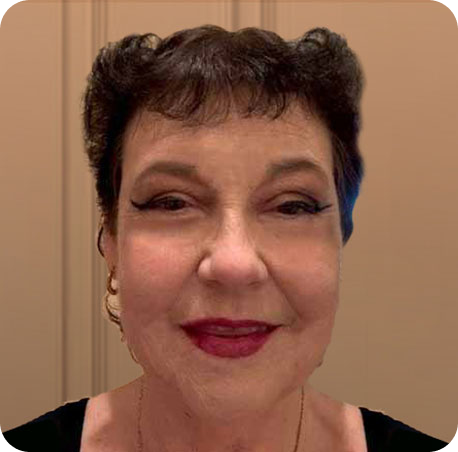
I have been working for TTS for the past 7 years assisting schools with their technology infrastructure and digital alignment with the MoE.
Before that I was completing a Batchelors of Business with a major in Management and a Graduate Diploma in Business Administration, I worked in Massey University tutoring, relief lecturing, and marking in the business college while also being a director of a small software company. I also previously held roles as sales manager in the corporate world.
Within the professional learning environment, I specialise in assisting schools with strategic management, change management and leadership. These are all challenging areas that often require specific planning and implementation. Change is not only synonymous with technology but is part of the daily environment in education and embracing change can be a daunting. My goal is to assist schools to feel comfortable and accepting of necessary change.
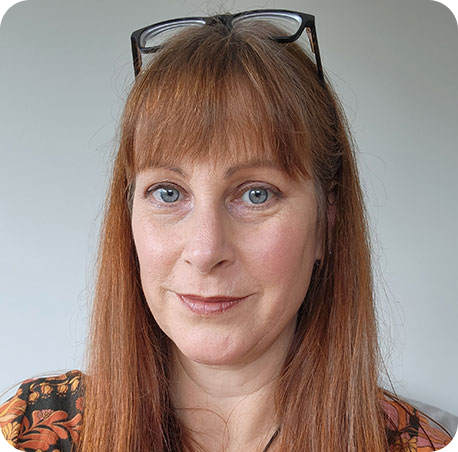
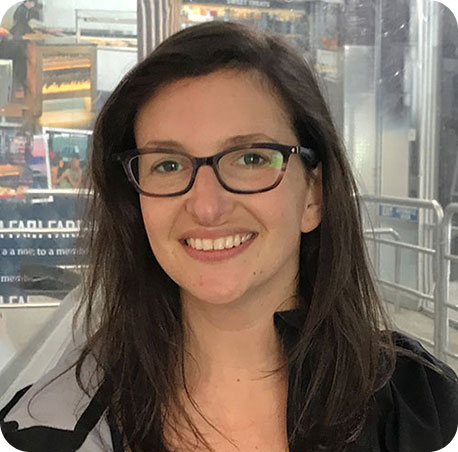
I am a graphic and digital designer with nearly 20 years experience designing for the digital realm. I have a Bachelor of Fine Arts in Visual Communication, a Certificate in Computer Engineering and am a certified Adobe Creative Educator.
I am passionate about using technology to bring ideas to life and love encouraging learners to look for new ways to answer old questions. As a life-long learner myself, I always enjoy trying out new creative tools and exploring the impact they can have on students’ learning outcomes.
I am excited to be part of the TTS team and continue to help schools make the most of their websites and support teachers and students in creating engaging graphics, presentations, videos, websites, and more.
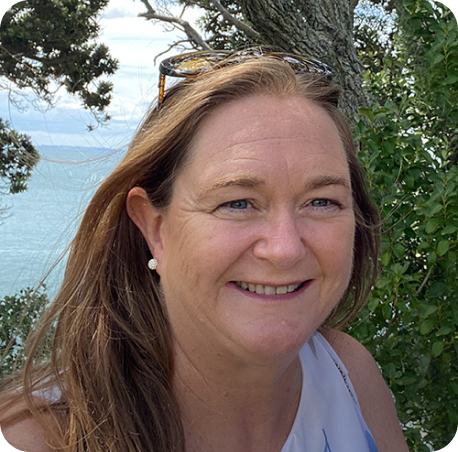
I’m a teacher with 20 years of classroom experience in a range of schools, locations, deciles and age groupings. I have background in technology education with a specialisation in Food and Material Technology.
I am passionate about technology education. So much so that it lead me to complete a Masters and PhD in Education qualifications where I explored communities of practice, teacher pedagogy and defined technological food literacy. I believe that many hands make light work, and networking and collaboration are key tools in the teacher kete.
I am currently part of the Subject Expert Group working with the Ministry of Education on the Review of Achievement Standards project.
I am a primary trained teacher with over 20 years’ experience finding new ways to effectively implement digital technologies into the classroom. I have always been passionate about finding and utilising digital tools within my class, and I enjoy exploring the internet to find new tools and learn about new ways in which other educators use digital technologies to best support their students.
I believe that is it important to find the right tools for you and your students as every class and school is different. Digital tools and technologies change rapidly and what may not have been suitable in the past could be just what you need now. I look forward to working with and supporting you to find and implement the best digital technologies for your specific learning environment.
I am a specialist teacher and PLD provider of creative writing, drawing on 20 years’ hands-on experience in the primary classroom teaching years 0-6, and as literacy leader, ALL teacher and CoL teacher.
In addition to my classroom experience, I bring my own experiences as a creative writer to my PLD sessions. I have published over 100-chapter books and 9 novels. Much of my published content is for the education market in NZ, Australia, the U.S, U.K and China. Publishers include Macmillan, Pearson, Oxford University Press, Capstone, Lift education, Sunshine books and Cengage. In addition, I have written several assessment and comprehension guides as well as books on how to teach creative writing (Essential resources). I hold a Doctorate in Education (EdD), where I investigated how primary school teachers teach creative writing, often focusing on the use of digital technology. As well as education and teaching qualifications, I also hold a Masters in Creative Writing.
I can provide individual hands-on modelling and feedback, as well as whole staff PLD. In addition, I examine the potential of new media (technology) in creative writing pedagogy.
I am a primary teacher of 30+ years experience covering all year levels from 1-8. I believe in “lifelong learning” and am passionate about encouraging teachers to be facilitators of their learning, and that of their students. I believe knowing when, what, why and how to implement digital tools to fit the purpose of “the teaching and learning” is essential today. I believe relationships are intrinsic in education, connecting people with tools/resources for teaching and learning, and how they support creativity, collaboration and innovation.
Michael is a teacher with 8 years classroom experience, and has taught students from years 1 through to 8. He has a bachelor of teaching and continues to learn through post-graduate studies. Michael is passionate about literacy education, and how reading and writing can – and should – be made accessible and interesting for all learners in schools. As a teacher, he recognises the need for resources that engage, enable, and empower students so they can achieve a meaningful, successful, and sustainable education.
I am an MoE Accredited PLD facilitator with a BEd (Hons) Degree in Education. I have over 20 years of experience in teaching 11 to 18-year-olds, with the last fourteen years being in New Zealand. I believe in empowering teachers to be confident in a modern learning environment and to discover new ways of inspiring students. I am a firm believer of continuous improvement in the skills of a teacher to deliver a more interactive, productive and engaging experience. I am extremely skilled with Google Suite/Apps and Microsoft.